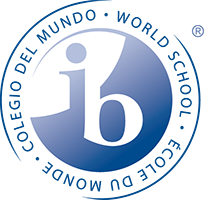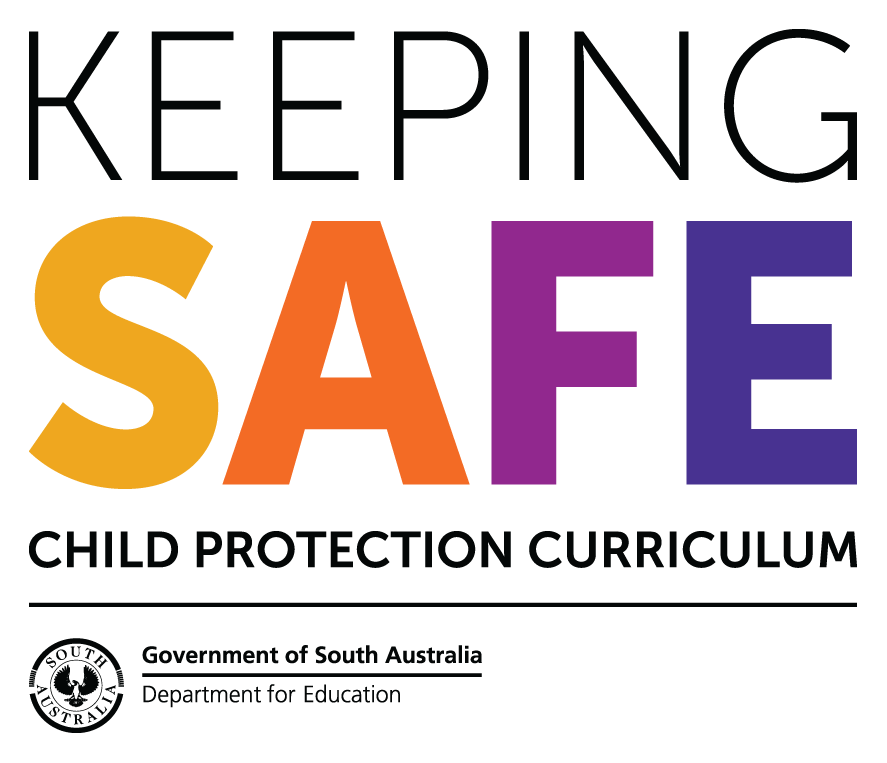The primary aim of Language Acquisition in the MYP is to encourage students to gain competence in a modern language other than their mother tongue. According to the IB, learning additional languages contributes to the holistic development of students, raises their cultural awareness and enables them to communicate in a language other than their mother tongue.
Currently students at TISA have the opportunity to learn Azerbaijani, French, Spanish, or Russian. Students are encouraged to study the same foreign language throughout the Middle Years Programme (M1-M5). This is to enable them to reach the required level of competency.
Aims
TISA aims to contribute in the student’s development under the MYP philosophy and concepts. The language Acquisition program aims are to:
- gain proficiency in an additional language while supporting maintenance of their mother tongue and cultural heritage
- develop a respect for, and understanding of, diverse linguistic and cultural heritages
- develop the student’s communication skills necessary for further language learning, and for study, work and leisure in a range of authentic contexts and for a variety of audiences and purposes
- enable the student to develop multiliteracy skills through the use of a range of learning tools, such as multimedia, in the various modes of communication
- enable the student to develop an appreciation of a variety of literary and non-literary texts and to develop critical and creative techniques for comprehension and construction of meaning
- enable the student to recognize and use language as a vehicle of thought, reflection, self-expression and learning in other subjects, and as a tool for enhancing literacy
- enable the student to understand the nature of language and the process of language learning, which comprises the integration of linguistic, cultural and social components
- offer insight into the cultural characteristics of the communities where the language is spoken
- encourage an awareness and understanding of the perspectives of people from own and other cultures, leading to involvement and action in own and other communities
foster curiosity, inquiry and a lifelong interest in, and enjoyment of, language learning.
Objectives
- Communicate information, ideas and opinions.
- Demonstrate comprehension of specific factual information and attitudes, expressed in spoken and written contexts.
- Identify main ideas and supporting details and draw conclusions from spoken and written texts.
- Understand and appropriately use structures and vocabulary.
- Request and provide information in both spoken and written contexts.
- Engage actively in oral production using comprehensible pronunciation and intonation.
- Take part in formal and informal exchanges related to the areas of interaction and to cultural and international issues.
Syllabus Details
- Engaging the students in the process of learning.
- Helping the students understand how they learn best and how their learning is assessed.
- Learning in a meaningful and relevant context.
- Understanding and appreciating differences and similarities in other cultures.
- Providing a rich learning environment.
- Encouraging inquiry, critical thinking and reflection.
- Differentiating instructions, tasks and assessments to enable students to reach their potential at different levels.
- Providing students with specific expectations and rubrics.
M1
| Semester 1 | Semester 2 |
| All About me Bon Appetite Celebrations |
My Day Seasons and Fashion My City |
All About me
- Talk and ask questions about their family (names, age, countries, nationalities, jobs, interests)
- Talk and write about school, subjects, teachers, likes and dislikes; express opinion about them; to describe classrooms and facilities.
- Discuss the difference between grading system in target language school and in your school.
Bon Appetite
- Ask for and give information about food and drink.
- Say what they want to eat and drink.
- Express likes and dislikes.
- Order for a meal in a restaurant.
- Describe quantities.
Celebrations
- Talk and write about winter holidays in target language countries and their country.
- Discuss what would be an appropriate gift for a friend and members of family.
- Shop for presents
My Day
- Talk and write about daily routine and personal hygiene.
- Tell the time, days of the week, parts of the day.
- Discuss their interest and hobbies including sport and music.
Seasons and Fassion
- Talk about clothes for different weather/seasons, describe them, express likes and dislikes.
- Shop for clothes.
- Give an opinion on wearing school uniform.
- Discuss and give opinions against or for wearing school uniform and justify it.
My City
- Tell and ask what there is and what there is not in your city; say its location, facilities; say the names of different places in a city and describe them, give your opinion about the city.
- Ask for and give directions.
- Discuss what is needed for a perfect city.
- Improve comprehension of factual information expressed in spoken context by practicing listening skills.
The aims of MYP Language and Literature are to encourage and enable students to:
- use language as a vehicle for thought, creativity, reflection, learning, self-expression, analysis and social interaction
- develop the skills involved in listening, speaking, reading, writing, viewing and presenting in a variety of contexts
- develop critical, creative and personal approaches to studying and analysing literary and non-literary texts
- engage with texts from different historical periods and a variety of cultures
- explore and analyse aspects of personal, host and other cultures through literary and non-literary texts
- explore language through a variety of media and modes
- develop a lifelong interest in reading
- apply linguistic and literary concepts and skills in a variety of authentic contexts
MYP Language and Literature A prepares students for higher education courses such as the IB Diploma and subsequent entry to universities worldwide. As part of our Post-16 Programme we offer IB Diploma Language A - Language and Literature (English) and Literature (Russian), where English or Russian is a student’s mother tongue or where the student speaks and understands as a native; and Language B, where English or Russian is a student’s second language.
The aims of MYP design are to encourage and enable students to:
- enjoy the design process, and develop an appreciation of its elegance and power
- develop knowledge, understanding and skills from different disciplines to design and create solutions to problems using the design cycle
- use and apply technology effectively as a means to access, process and communicate information, model and create solutions, and solve problems
- develop an appreciation of the impact of design innovations for life, global society and environments
- appreciate past, present and emerging design within cultural, political, social, historical and environmental contexts
- develop respect for others’ viewpoints and appreciate alternative solutions to problems
- act with integrity and honesty, and take responsibility for their own actions, developing effective working practices
Skills:
Recycled materials
Technical drawing
2D Design
Workshop skills - use manual tools
Assessment:
The design objectives correspond with the equally weighted assessment criteria levels (1-8). These are divided into four bands (A-D) based on the following:
| Criterion A | Inquiring and analysing | Maximum 8 | |||
| Criterion B | Developing ideas | Maximum 8 | |||
| Criterion C | Creating the solution | Maximum 8 | |||
| Criterion D | Evaluating | Maximum 8 | |||
Criterion A: Investigate - Students are presented with a design situation, identify a problem and aim to satisfy a need for a targeted audience.
Criterion B: Developing Ideas - Students create a range of feasible solutions, evaluate these against their detailed design specification. The students will learn how to critically evaluate designs in order to select the most successful solution.
Criterion C: Creating the Solution - Students following a plan to create a successful solution, which should be tested and evaluated.
Criterion D: Evaluating - Students create tests in order to evaluate their solution, these must be objectively evaluated to demonstrate the success of the outcome. Improvements can be assessed an explanation is documented along with the impact of the solution on the targeted audience.




